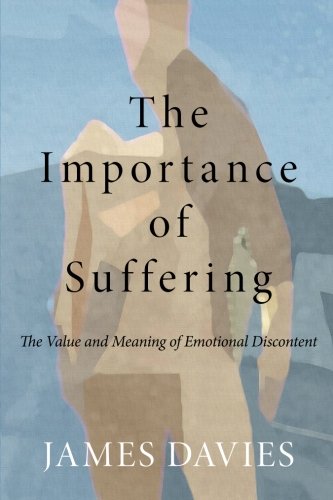

Most ebook files are in PDF format, so you can easily read them using various software such as Foxit Reader or directly on the Google Chrome browser.
Some ebook files are released by publishers in other formats such as .awz, .mobi, .epub, .fb2, etc. You may need to install specific software to read these formats on mobile/PC, such as Calibre.
Please read the tutorial at this link: https://ebookbell.com/faq
We offer FREE conversion to the popular formats you request; however, this may take some time. Therefore, right after payment, please email us, and we will try to provide the service as quickly as possible.
For some exceptional file formats or broken links (if any), please refrain from opening any disputes. Instead, email us first, and we will try to assist within a maximum of 6 hours.
EbookBell Team

0.0
0 reviewsIn this book James Davies considers emotional suffering as part and parcel of what it means to live and develop as a human being, rather than as a mental health problem requiring only psychiatric, antidepressant or cognitive treatment. This book therefore offers a new perspective on emotional discontent and discusses how we can engage with it clinically, personally and socially to uncover its productive value.
The Importance of Suffering explores a relational theory of understanding emotional suffering suggesting that suffering, does not spring from one dimension of our lives, but is often the outcome of how we relate to the world internally – in terms of our personal biology, habits and values, and externally – in terms of our society, culture and the world around us. Davies suggests that suffering is a healthy call-to-change and shouldn't be chemically anesthetised or avoided. The book challenges conventional thinking by arguing that if we understand and manage suffering more holistically, it can facilitate individual and social transformation in powerful and surprising ways.
The Importance of Suffering offers new ways to think about, and therefore understand suffering. It will appeal to anyone who works with suffering in a professional context including professionals, trainees and academics in the fields of counselling, psychotherapy, psychoanalysis, psychiatry and clinical psychology.